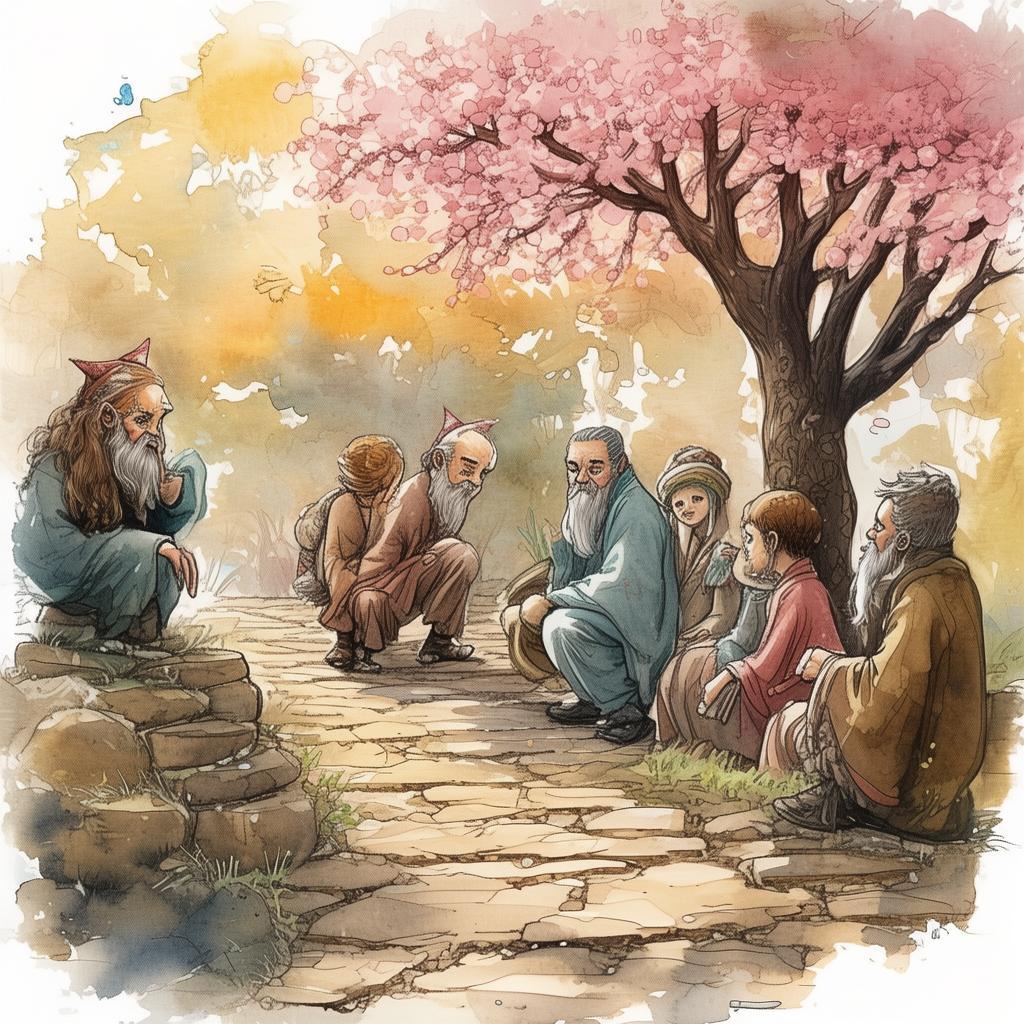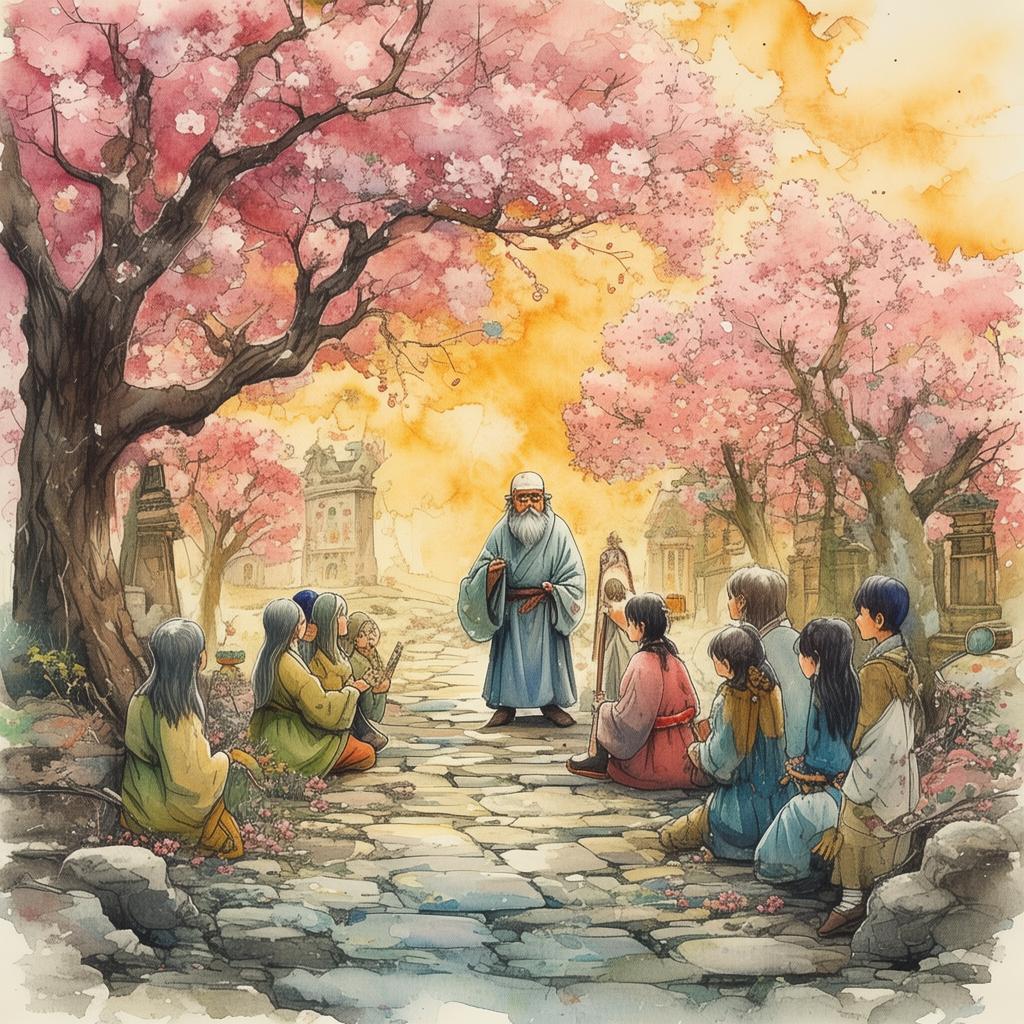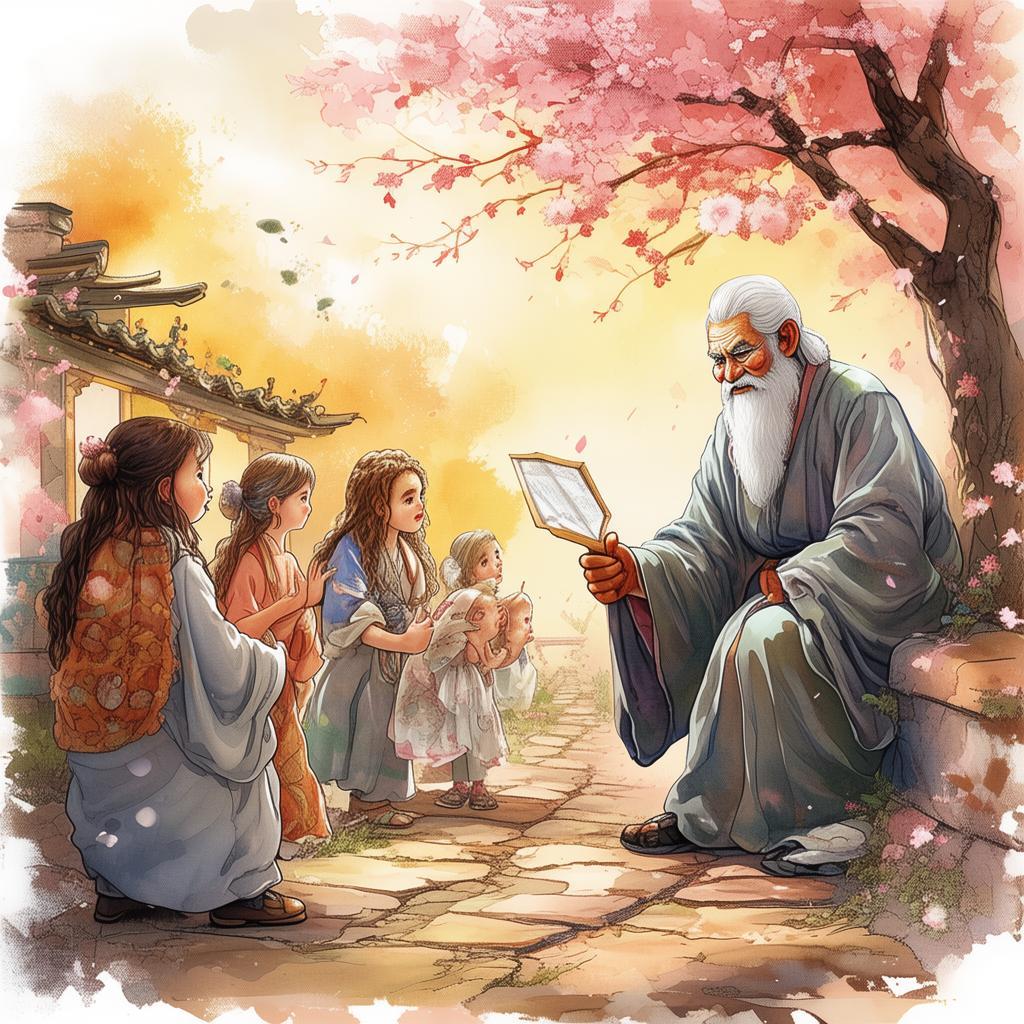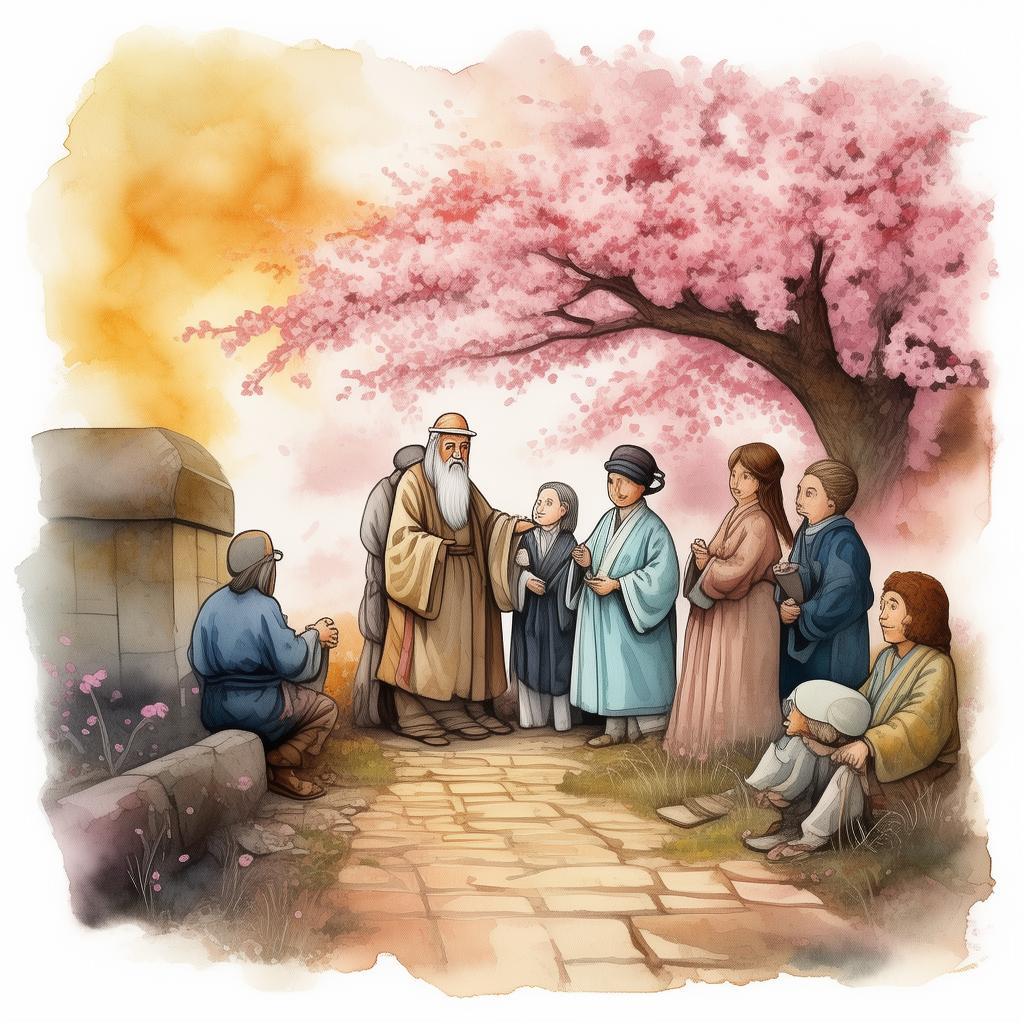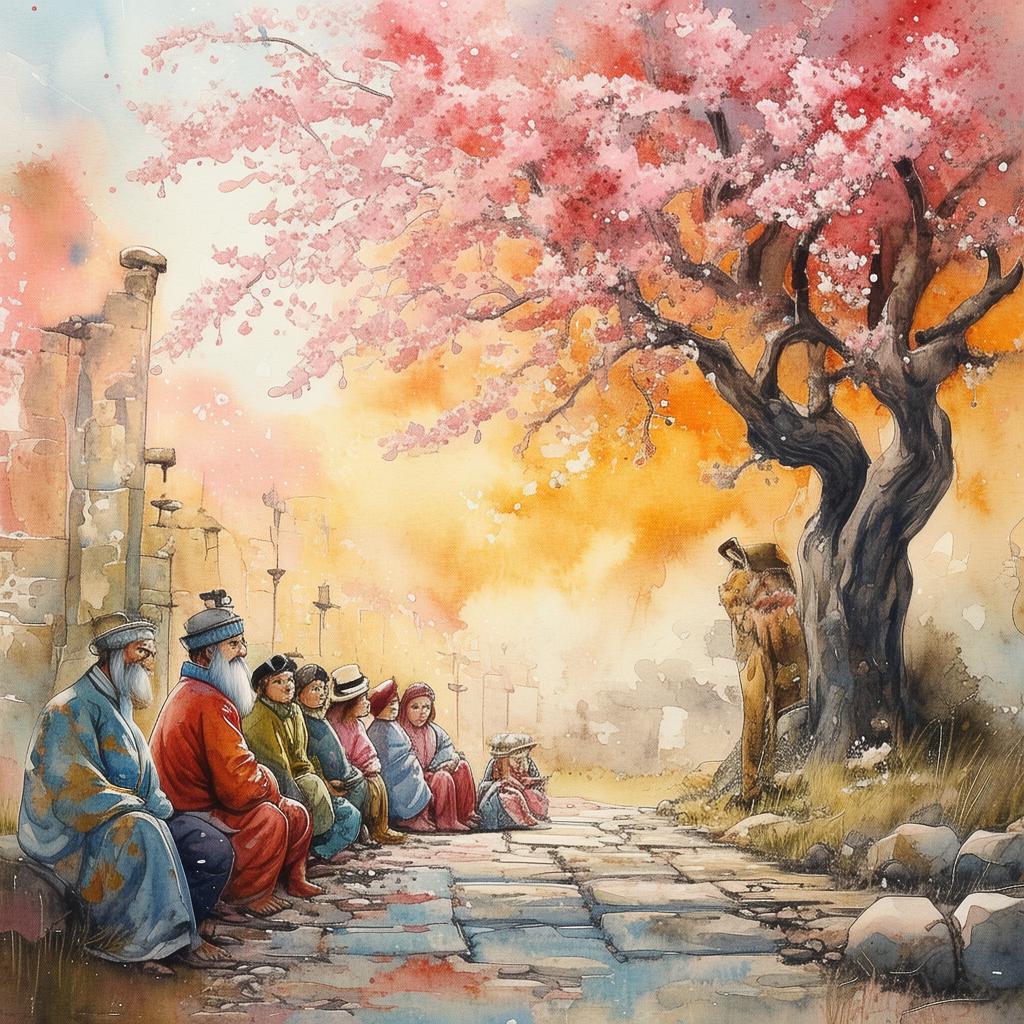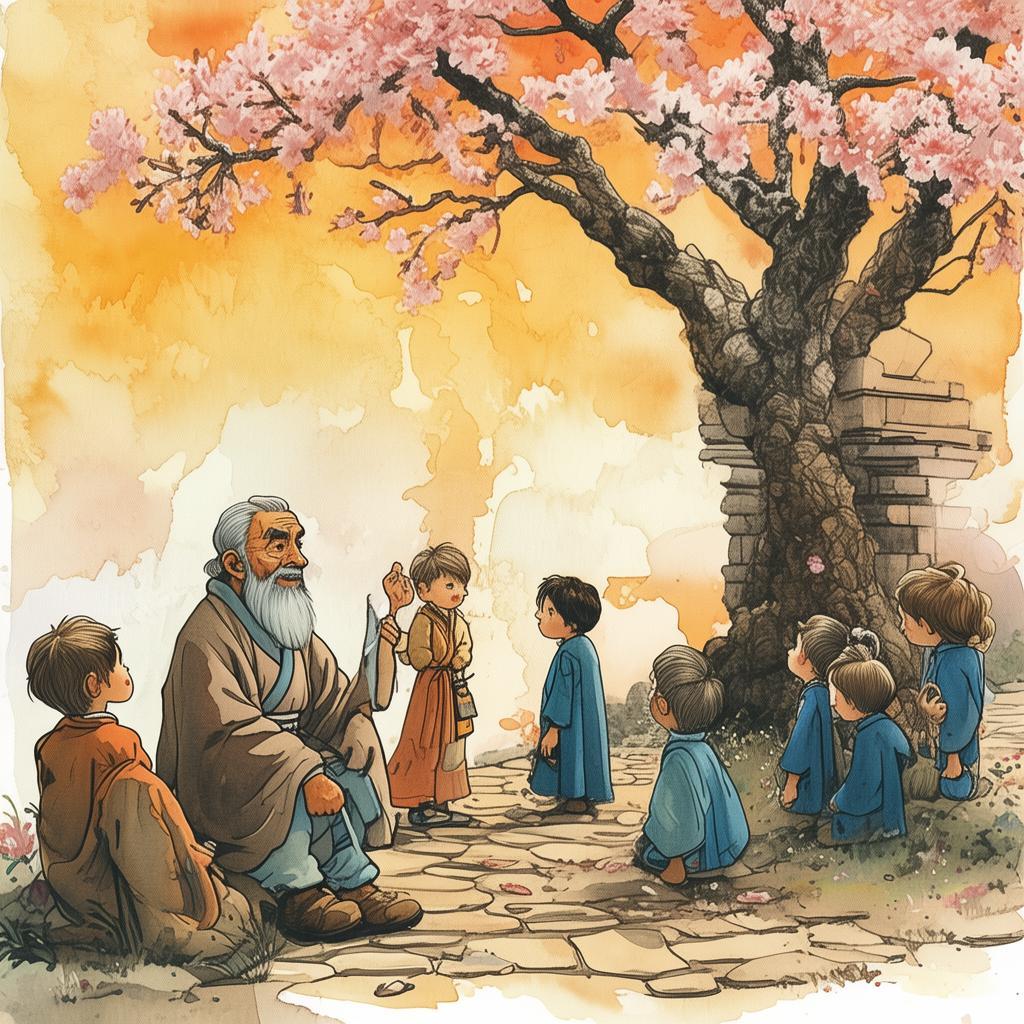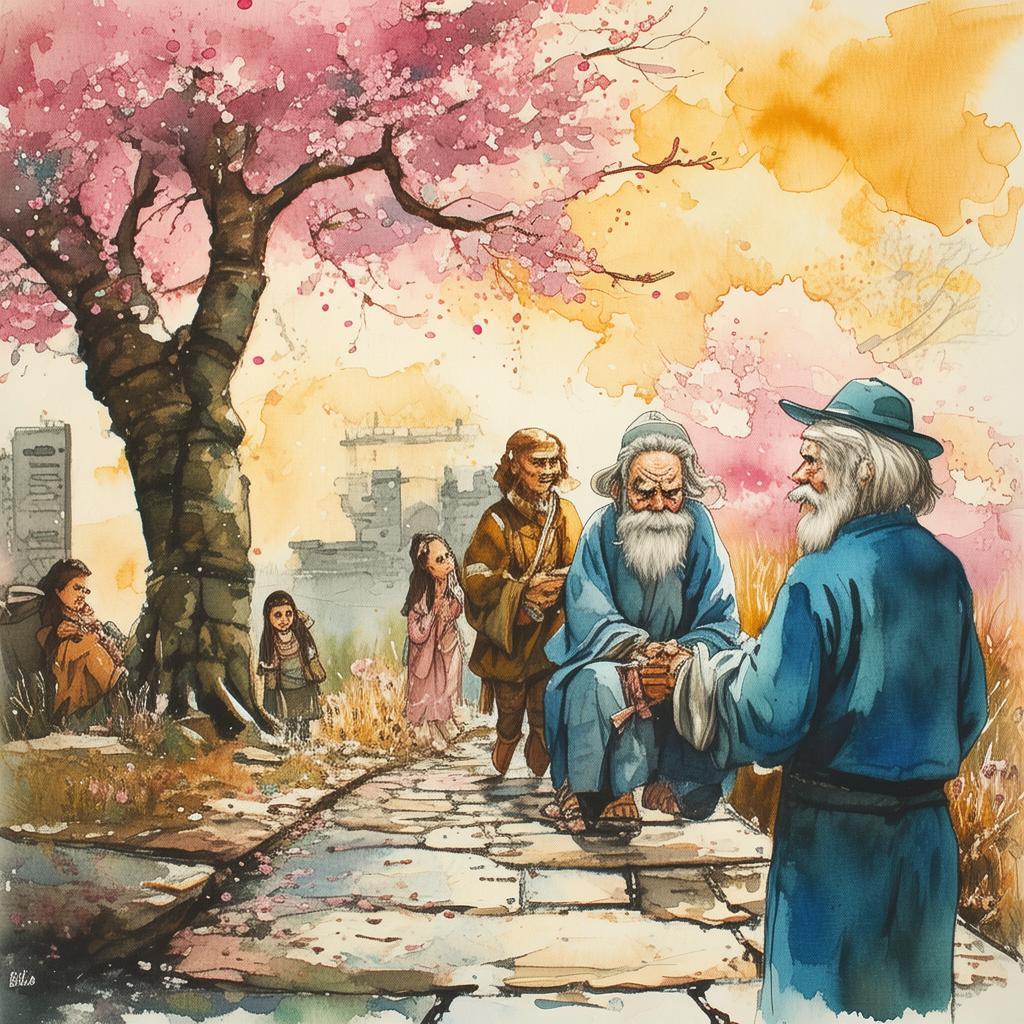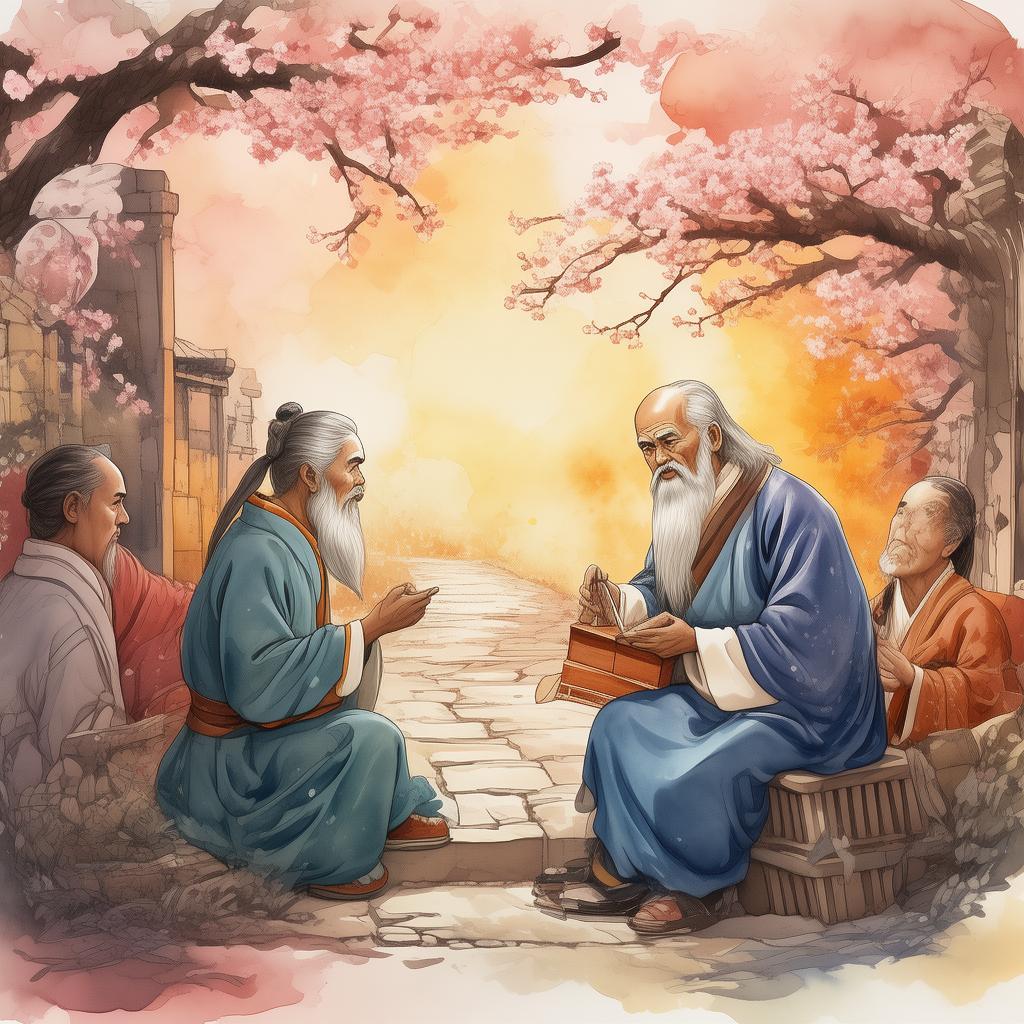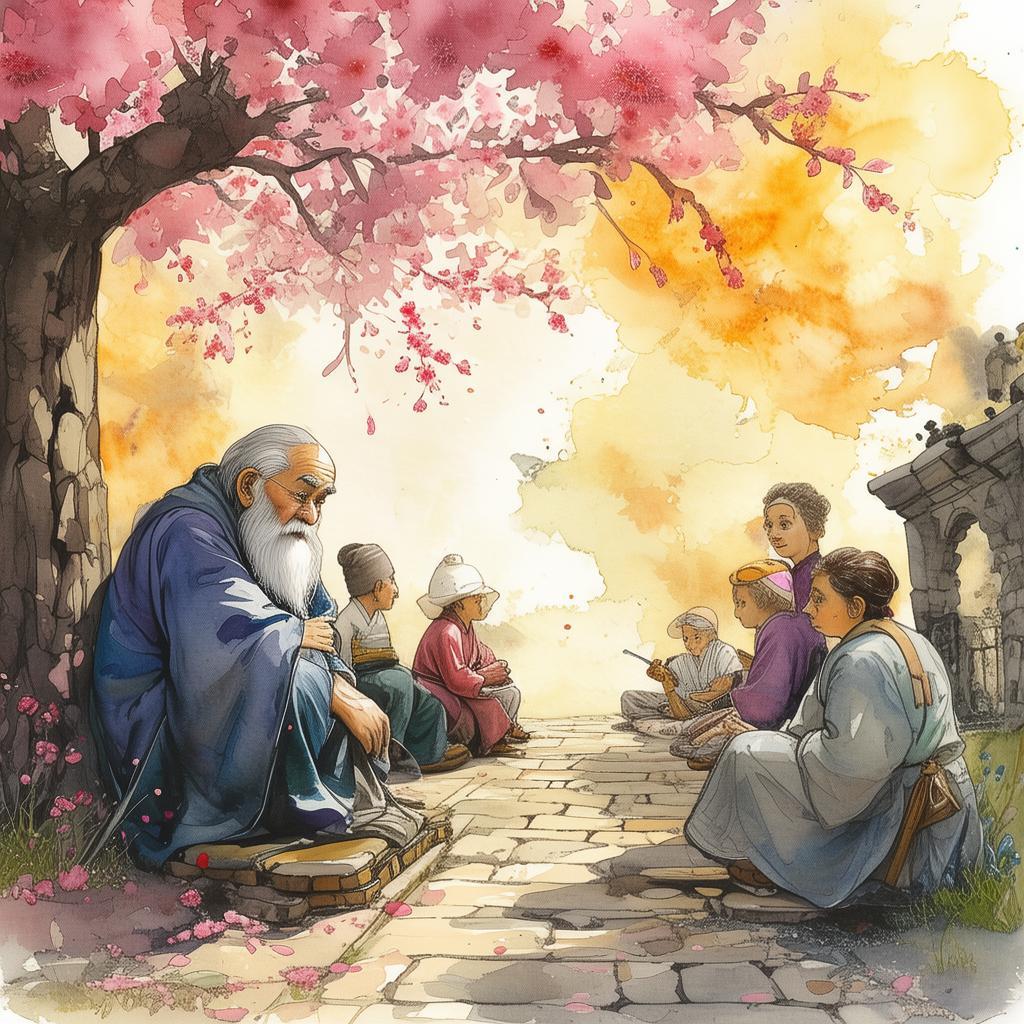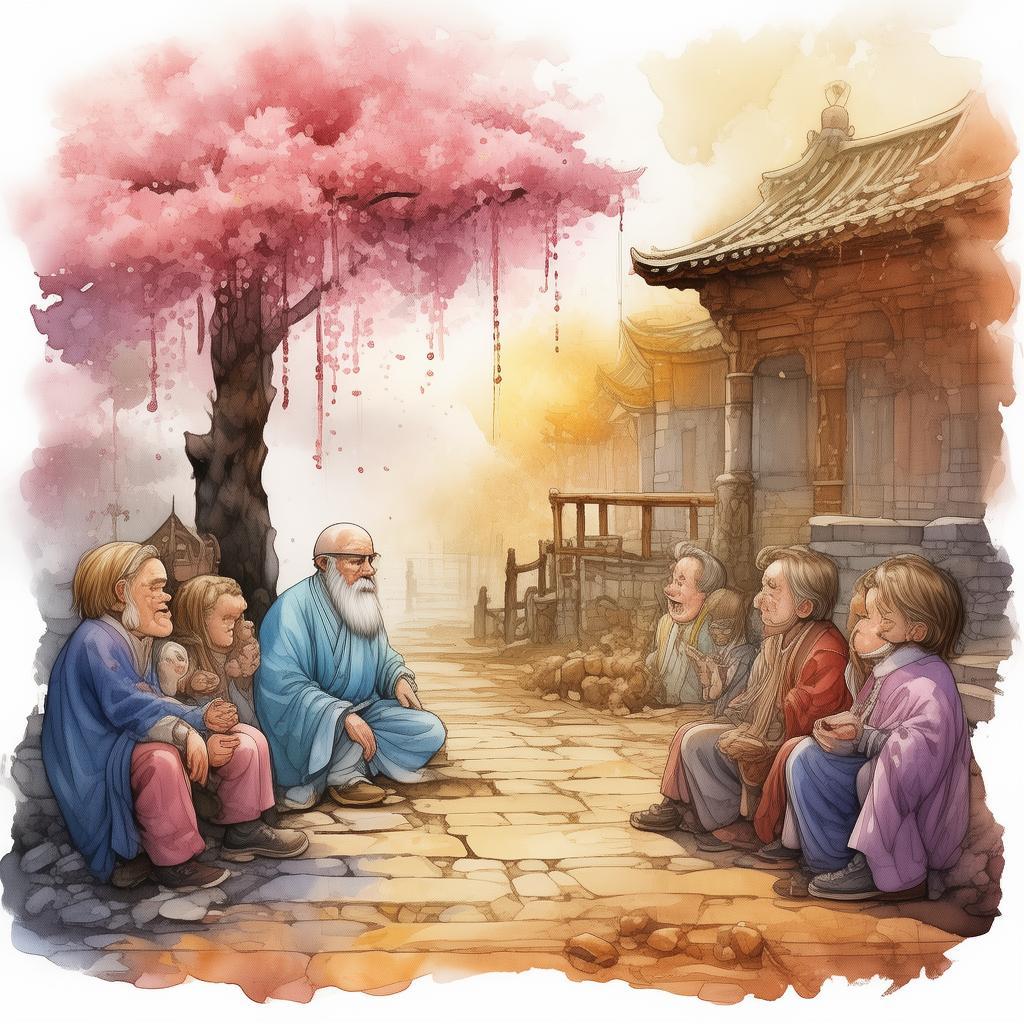The Architect's Enigma: The Paradox of the Universe
In the heart of an ancient city, where the architecture was a testament to the wisdom of the ages, lived a man known simply as The Architect. His name was Feng, and he was renowned for his intricate designs that seemed to defy the laws of physics. People from all corners of the world came to see his masterpieces, which were not only aesthetically pleasing but also seemed to hold a secret code of the cosmos.
One day, while working on a grandiose structure that seemed to defy gravity, Feng stumbled upon a peculiar book tucked away in an old library. The book was titled "The Architect's Riddle Solving the Puzzles of the Universe." Intrigued by the title, he opened it and found a riddle that had been circulating among scholars for centuries:
"In the heart of the universe, where the light never dies,
Lies a secret, known to none, save the wise.
The architect who dares to solve this enigma,
Will unlock the door to the cosmos, and the universe shall sing.
What is this enigma, what is this key,
That can unlock the door to the cosmic sea?"
Feng was captivated by the riddle. He spent days, weeks, even months trying to decipher its meaning. He poured over ancient texts, studying the works of great philosophers, scientists, and mathematicians. He visited the temples and shrines, seeking guidance from those who knew the secrets of the universe.
As he delved deeper, Feng began to realize that the riddle was not just a puzzle to be solved; it was a journey into the very essence of existence. It was a quest that would require him to look beyond the visible, to understand the hidden patterns that governed the universe.
One evening, as he stood before his unfinished structure, he had an epiphany. The riddle, he realized, was not about finding a physical key or a hidden code. It was about the journey itself, about the process of seeking and understanding. It was about the very essence of being human.
With newfound clarity, Feng decided to complete his structure, which he called "The Temple of the Infinite." He designed it in such a way that it seemed to mimic the very patterns of the universe, with spirals and circles that suggested the flow of time and space.
As he stood inside the completed temple, with the stars shining above and the whispers of the cosmos all around, Feng felt a profound connection to the universe. He realized that he had not solved the riddle; rather, the riddle had solved him.
He understood that the true enigma was the universe itself, a vast and mysterious entity that was both inside and outside of him. He had unlocked the door to the cosmos not by finding a physical key, but by embracing the journey, by becoming the architect of his own existence.
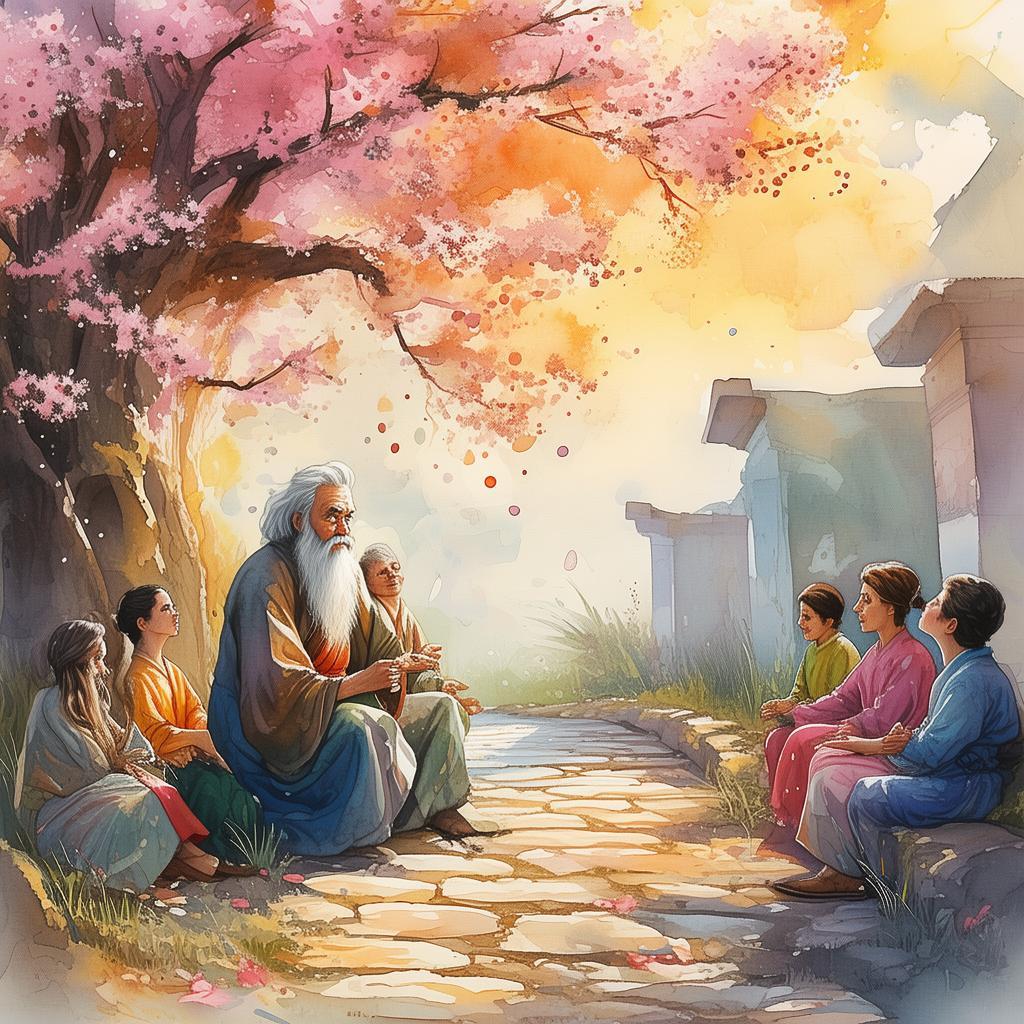
The story of Feng, The Architect, spread far and wide. People from all over the world came to see his temple, to experience the same epiphany that had changed Feng's life. The temple became a place of contemplation, a place where individuals could find the riddle within themselves.
And so, The Architect's Enigma: The Paradox of the Universe became a legend, a tale that reminded people of the infinite possibilities that lie within them. It was a story that showed that sometimes, the most profound truths are found not in the pursuit of answers, but in the pursuit of understanding.
Feng, The Architect, had discovered that the key to the universe was not outside of him, but within. He had become the architect of his own destiny, and in doing so, he had unlocked the door to a world of infinite possibilities.
✨ Original Statement ✨
All articles published on this website (including but not limited to text, images, videos, and other content) are original or authorized for reposting and are protected by relevant laws. Without the explicit written permission of this website, no individual or organization may copy, modify, repost, or use the content for commercial purposes.
If you need to quote or cooperate, please contact this site for authorization. We reserve the right to pursue legal responsibility for any unauthorized use.
Hereby declared.
